Navigating the Ethical Landscape of Podcasts: A Guide to Professional Content and Positive Listening Experiences


Podcasts offer a free platform, acting as a mirror reflecting creators’ stories with transparency and integrity. However, this freedom doesn’t absolve creators from respecting others. It’s crucial to highlight a vital aspect in this realm: “Podcast Ethics.”
Join us on a journey to explore the principles of podcast ethics and how their implementation guarantees positive and enriching experiences for listeners.
Understanding the Moral Compass: Ethics in the Podcast World
Work ethics, in essence, encompass a set of moral principles and values guiding individual conduct within the professional sphere. They serve as a fundamental reference for determining acceptable and unacceptable behavior. Ultimately, work ethics aim to empower individuals to make responsible decisions.
In the media landscape, ethical practices are anchored in several core principles, including:
- Integrity
- Respect for sources
- Accuracy
- Neutrality
- Freedom and public interest
Podcast ethics boil down to honesty and truthfulness in information presentation. This includes avoiding distortion of facts, shunning the spread of misinformation, and upholding listener privacy. Additionally, it signifies the importance of providing an equal platform for all, fostering a culture of respect and mutual understanding.
The Pillars of Responsible Podcasting
Creators hold a significant responsibility to steer their work towards the greater good by delivering content that champions positive behaviors. The most crucial pillars of podcast ethics include:
- Copyright and Intellectual Property: Respecting copyright and intellectual property is non-negotiable. Creators must thoroughly understand these rights. Honoring copyrighted and protected works is paramount, and using them without permission from the rights holder is unacceptable.
- Quoting and Fair Use: Attributing someone else’s words to yourself is not only wrong but risky. Creators must adhere to fair use principles and refrain from utilizing copyrighted content without obtaining proper permission or appropriately citing the source.
- Transparency and Integrity: With podcasts increasingly popular for advertising, the emphasis on transparency and integrity cannot be overstated. Creators must maintain transparency in their dealings with commercial partners and sponsors, disclosing any commercial agreements that could influence their content.
- Professional Handling of Sensitive Topics: Podcasts become havens for the exchange of ideas, sharing of opinions, and shedding light on sensitive or “taboo” issues, but this must be done responsibly. When addressing sensitive topics, creators must strive for a balanced presentation that respects diverse viewpoints.
- Fostering Communication with the Audience: Engaging with listeners is vital for success in the podcasting world. Creators should be receptive to feedback and criticism, responding professionally to inquiries and addressing concerns. Ultimately, creating content that resonates with the audience and answers their questions is paramount.
Conclusion:
Embracing podcast ethics is a key component of responsible audio content creation and management. While passion ignites the flames of success, ethics provide the guiding path for creators, not only to reach the pinnacle but also to establish themselves as beacons of responsible content creation.
Embrace the world of podcasts, unleash your passion, embody podcast ethics, and rise above the noise!





